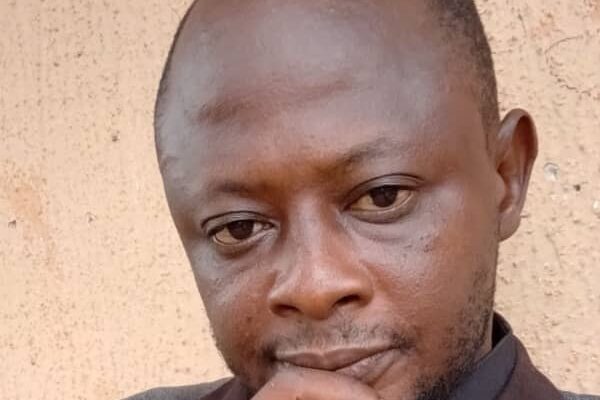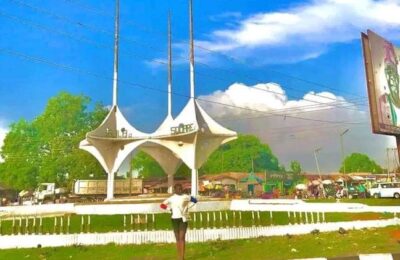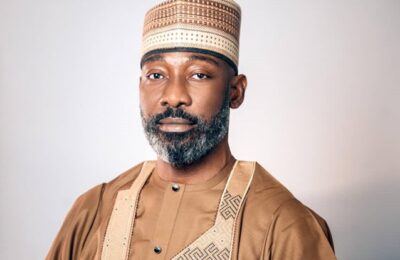In a world galloping toward innovation, equity, and economic reformation, Nigeria appears to be walking backward into the abyss it once struggled to escape. Nations are building digital highways; Nigeria is still arguing over potholed roads. While Singapore is coding the future, Nigeria is decoding excuses. The tragedy of a nation once dubbed the “Giant of Africa” is not in its failures, but in its refusal to rise beyond them. As former U.S. President Barack Obama once said, “Africa doesn’t need strongmen, it needs strong institutions.” Yet, Nigeria continues to worship personalities while starving its institutions of integrity and purpose.
The pulse of the Nigerian state has become faint, its breath burdened by corruption, insecurity, and the cannibalism of its own dreams. Nations like Rwanda, which once bled through genocide, are now centers of innovation and clean governance. Meanwhile, Nigeria, despite her oil and intellect, is drowning in bureaucratic mud. Professor Wole Soyinka once lamented, “The man dies in all who keep silent in the face of tyranny.” Silence has become Nigeria’s national anthem — a dangerous calm that glorifies mediocrity and punishes truth.
Economically, the figures mock our progress. With inflation strangling the common man, the naira tottering like a drunken sailor, and the youth migrating in droves, patriotism is now a luxury. While Kenya, Ghana, and even smaller economies are investing heavily in artificial intelligence and renewable energy, Nigeria is still haunted by darkness — both literal and moral. The power sector is a graveyard of promises; education, a theater of decay. “We are producing graduates who are unemployable,” lamented Dr. Obiageli Ezekwesili, former Minister of Education. “Our schools have become factories of frustration.”
Politically, the soil is toxic. Elections are wars, not contests of ideas. Citizens do not vote for the best candidates — they vote for survival even though it will not be counted. The ruling class, insulated by affluence, feeds fat on public despair. Each administration comes in like a messiah and exits like a marauder. The late Chinua Achebe’s words echo painfully: “The trouble with Nigeria is simply and squarely a failure of leadership.” Leadership has become a trade, not a trust. Public service is now private business.
Insecurity, the offspring of bad governance, has become the new normal. From banditry in the North to kidnappings in the South, the country has turned into a chessboard of chaos. Farmers are slaughtered, students abducted, and soldiers ambushed — yet the nation pretends to be at peace. “We are in a war without declaration,” observed Bishop Matthew Kukah, “and those who should lead the charge are busy feasting while the nation bleeds.” The trenches are no longer metaphors — they are real, deep, and filled with innocent bones.
Socially, the moral fabric is tearing apart. Ritual killings, internet fraud, and moral relativism have replaced integrity and hard work. A generation raised on social media applause now measures worth by vanity. The church has become a marketplace; the mosque, a podium for politics. “We have lost the fear of God,” said Pastor Enoch Adeboye. “And when a nation loses the fear of God, it loses direction.” The Nigerian soul is bleeding, yet many are too numb to feel the pain.
Globally, the world is not waiting for Nigeria. Nations are advancing toward green economies, digital citizenship, and transparent governance. Yet Nigeria, rich in human and natural capital, keeps recycling yesterday’s men for tomorrow’s tasks. The irony of a nation with the world’s most vibrant youth population but the oldest political class is a national tragedy. As Nelson Mandela once said, “There is no passion to be found in playing small.” Nigeria keeps playing small in a world of giants.
And yet, hope remains. The Nigerian spirit — battered but unbroken — still breathes through its youth, its thinkers, its reformers, and its dreamers. But hope without action is hallucination. The time has come for Nigeria to leave the trenches of self-pity and march into the future with courage, conscience, and competence. For the nations advancing today were once crawling — but they chose transformation over tradition, purpose over politics. Nigeria must do the same, or risk becoming a monument of wasted potential in the museum of human civilization.
– Inah Boniface Ocholi writes from Ayah – Igalamela/Odolu LGA, Kogi state.
08152094428 (SMS Only)




